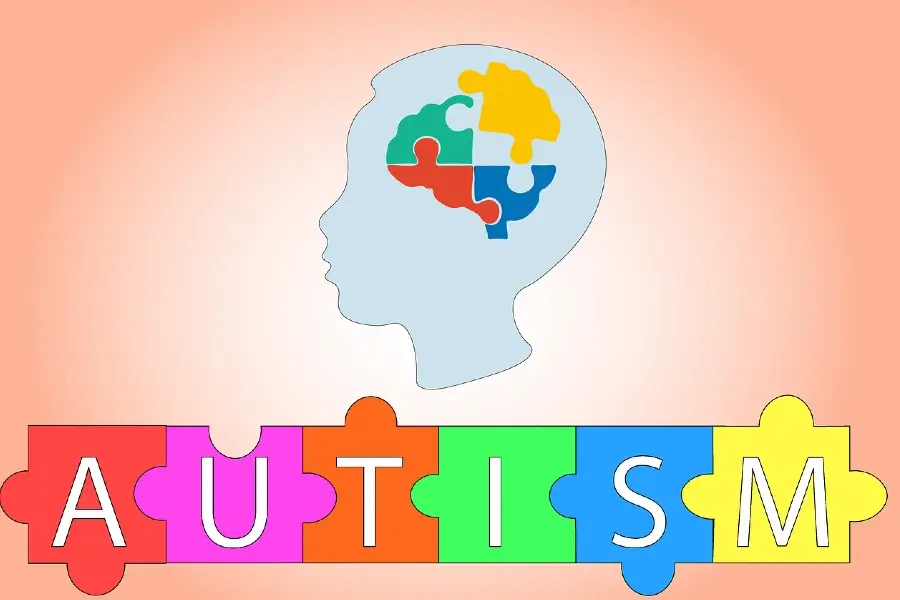A treatment method known as applied behavior analysis (ABA) is founded on learning and behavior. Autism spectrum disorder (ASD) and other developmental problems are among the most common conditions for which it is utilized to assist persons in improving their skills and behaviors. An in-depth examination of ABA is as follows:
Fundamental Principles:
Understanding Behavior: Applied Behavior Analysis (ABA) aims to grasp the connection between a person’s actions, the surrounding environment, and the outcomes that result from those actions.
Positive reinforcement is a fundamental principle that involves rewarding desired behaviors to improve the likelihood of repeating them. Positive reinforcement can be provided in various ways, including praise, stickers, or allowing access to preferred activities.
Shaping behavior involves breaking down difficult tasks into smaller, more doable steps. You will receive reinforcement for completing each stage, gradually shaping the behavior you want to see.
Data-Driven Approach: Applied Behavior Analysis (ABA) therapists collect data to monitor progress and determine the success of therapies. Using this information, they can modify the treatment plan as needed.
Individuals who have autism spectrum disorder (ASD) may benefit from ABA therapy.
The Process Behind ABA Therapy:
An expert who is Board-Certified as a Behavior Analyst (BCBA) will carry out an exhaustive evaluation to understand the individual’s specific requirements and difficulties.
Individualized Treatment Plan: Following the assessment, a personalized treatment plan is prepared that outlines the intervention tactics, goals, and behaviors that will be the focus of the interventions.
The therapist helps the individual acquire new abilities and behaviors by employing positive reinforcement and breaking down skills into smaller levels. This is done to teach new skills.
Generalization: The objective is for the individual to apply the abilities they have learned to various settings and circumstances.
A Few Advantages of ABA Therapy:
Improved communication abilities individuals who have autism spectrum disorder (ASD) may benefit from ABA therapy in terms of improving their verbal and nonverbal communication abilities.
Enhanced Social Skills: People can acquire the right social interaction skills to cultivate friendships and handle social situations more effectively.
ABA can help control hard behaviors such as tantrums or self-injury by teaching alternative ways to communicate needs and cope with uncomfortable emotions. This can reduce the number of repetitive behaviors exhibited.
Increased autonomy and autonomy: Applied Behavior Analysis (ABA) therapy has the potential to considerably enhance independence for those with Autism Spectrum Disorder (ASD) by assisting them in the development of several critical life skills.
The primary focus of ABA therapy is teaching a wide variety of skills, such as communication, social interaction, self-care, and adaptive behaviors. It takes a methodical and evidence-based approach to teaching these abilities.
One goal of this all-encompassing intervention is to provide individuals with autism spectrum disorder with the resources they need to handle daily chores successfully, make decisions, and participate more actively in their communities.
Applied behavior analysis (ABA) therapists work closely with the individual and their family.
Individualized ABA therapy ensures that the treatment plan is adapted to each client’s specific requirements and capabilities because of the nature of the therapy itself. Applied behavior analysis (ABA) therapists work closely with the individual and their family to progressively increase competence and confidence by breaking down complex abilities into smaller, more achievable steps.
Individuals with autism spectrum disorder (ASD) can take charge of their own lives and make choices based on accurate information as a result of this systematic approach, which not only helps them become more independent but also gives them a sense of empowerment.
Additionally, ABA therapy contains approaches that facilitate generalization, which enables patients to transfer the abilities they have gained in the therapeutic setting to their everyday situations. This is a significant benefit of providing ABA therapy.
As a result of the transfer of skills, individuals with autism spectrum disorder can apply their newly gained talents in real-world situations, such as at home, school, or work. This is an essential component in the process of fostering actual independence.
Through the provision of comprehensive assistance and the addressing of the fundamental obstacles that individuals with autism spectrum disorder (ASD) encounter, it has been demonstrated that ABA therapy can considerably enhance overall independence and quality of life.
As individuals progress during the therapy, they learn the essential competencies to participate more fully in their communities, make autonomous decisions, and attain more self-sufficiency, eventually increasing their personal autonomy and sense of empowerment.
To add to the list of considerations:
Intensity of Therapy: The intensity and duration of ABA therapy can vary depending on the individual’s requirements. Some children may benefit from treatment sessions lasting many hours each day, while others may require less rigorous intervention.
It is of the utmost importance to ensure that therapists who implement ABA are qualified and under the supervision of a Board-Certified Behavior Analyst (BCBA).
Comprehensive Approach: Applied Behavior Analysis (ABA) therapy is frequently used with other therapies, such as occupational or speech therapy, to achieve a more comprehensive approach.
As a resource:
Behavior Analyst Certification Board (BACB): https://www.bacb.com/
National Autism Center: https://www.autism.org.uk/
Access the Autism Speaks: https://www.autismspeaks.org/tool-kit/atnair-p-parents-guide-applied-behavior-analysis
Remember that ABA therapy is an effective tool for those who have autism spectrum disorder (ASD) as well as other developmental problems. Acquiring the abilities necessary to study, communicate, and engage with the world around them efficiently can greatly enhance these individuals’ quality of life.

